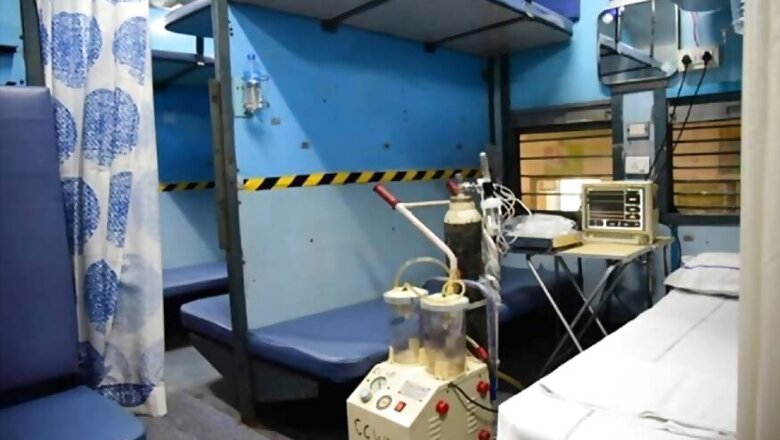
views
Clean toilets, colour-coded dustbins, comfortable beds, oxygen cylinders and all amenities one can expect in a top class hospital -- the first inmates of the train coaches converted into isolation wards have come away praising Indian Railways for providing a unique solution to care for suspected COVID-19 patients.
"I am used to travelling by trains, but when I entered this one I was taken aback at the sight of the modifications. The stay was comfortable, except for the mosquitoes which were everywhere. The mosquitoes came from under the beds and they should spray repellent under the seats," said Krishnakant Sharma, contacted by PTI on phone from Mau in Uttar Pradesh.
He and five members of his family, including his wife Neetu and their 11-month-old daughter Vanshika, were among the first group of 59 suspected COVID-19 patients to be admitted to any of the 960 modified coaches deployed as Level 1 COVID care centres across five states.
In Uttar Pradesh alone 372 such coaches have been deployed. Krishnakant and his family were sent to one such isolation coach after they returned from Mumbai. Their samples were collected at a centre in Mau and they were asked to spend the night of June 20 in the isolation coach to await the results.
But all six members of the family tested negative and they were discharged the next day. Two other people were also discharged from the coach.
Equipped with hand-held showers, mosquito nets, bio-toilets, power sockets, oxygen cylinders and more, the COVID-care coaches have it all to keep patients comfortable. But controlling the heat in the steel bodied non air-conditioned coaches has been a huge challenge, officials said.
Still, the occupants' fears of being roasted in the heat were unfounded as the night was pleasant, and industrial sized pedestal fans and hay on the roof kept the temperature down.
"I don't know what we would have done if the temperature had soared. But I have to say that unlike the reputation of the toilets in trains, the bathroom as well as the toilets in these coaches were clean and it was very convenient to use, even for my elderly mother," said Krishnakant.
Nothing, however, could be done about the swarms of mosquitoes that came in through doors that were kept open, nullifying the effect of the netting that the Railways had fixed on the windows.
"I spent the entire time worrying that if not coronavirus, my daughter will definitely contract malaria or dengue. Her face and her feet are covered with bites and she was crying all the time," said Neetu, 32.
"There is no point getting one disease while you are being treated for another right? With rains just around the corner, the railways need to address this issue as soon as possible, otherwise they will have to start testing for malaria and dengue before they release patients from here," she told PTI by phone.
She said while there were three colour-coded dustbins in the coach, no one came to clean them when they got stuffed with food plates and leftovers.
Krishnakant noted that the food arrangements were made by the local administration and not the Railways.
"It was okay since I cannot demand home food, but just one-and-a-half litres of milk for four babies is definitely not enough. An 11-month-old baby cannot survive on this. At the time we were there, there were three more babies in the coaches. The only thing that they managed to eat was biscuits," he said.
Krishnakant, who works at a furniture store in Mumbai's Virar area, also had a suggestion for the state government -- please serve more food for the adults and arrange for more milk for the babies. The Sharmas had to get milk from their home in Ranipur, a two-hour drive from Mau.
However, he said they all give full marks to the Railways for managing to turn around the coaches and provide so many amenities.
In an effort to augment the government's efforts to build infrastructure to deal with the spread of coronavirus, the Railways has converted 5,321 non-AC sleeper class ICF (older design) coaches and developed them into COVID Care Level 1 centres for patients with mild symptoms or those suspected to have the infection.
Suspected and confirmed cases will be kept in separate coaches, officials said. The 960 coaches already deployed include 503 coaches in Delhi and 372 in Uttar Pradesh.













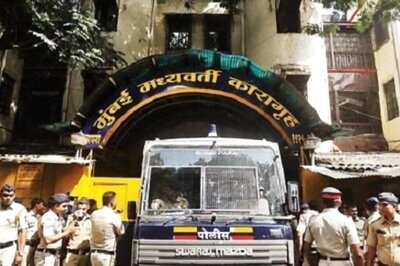
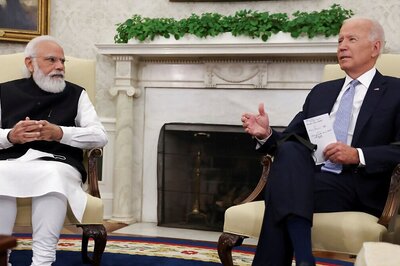

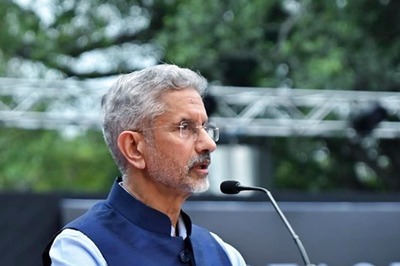

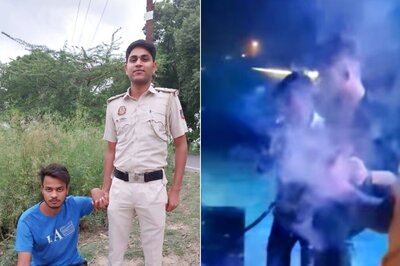

Comments
0 comment